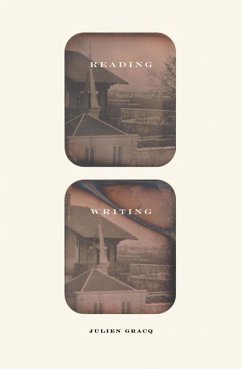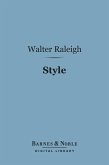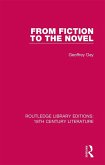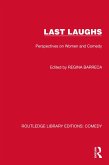This first English-language edition of En lisant en écrivant marked a turning point in the public reception of Julien Gracq. Here he emerged as the ideal critic, a reader who accompanied himself in his reading like a "polite third party." Every reader is a potential writer and every writer is a reader in actuality. Reading Writing is a subjective history of fiction and poetry and a personal meditation on the links between literature and two visual arts: painting and cinema. Gracq's poetics is founded upon the basic acts of reading and writing and on the relationship between the writer and his language.
Dieser Download kann aus rechtlichen Gründen nur mit Rechnungsadresse in A, D ausgeliefert werden.









